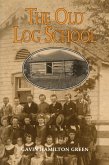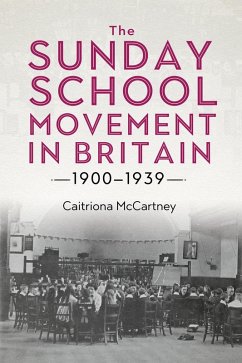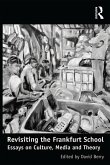Jonathan Gathorne-Hardy's classic study of Britain's 'independent sector' of schools first appeared in 1977 and still stands as the most widely admired history of the subject, ranging across 1400 years in its spirited investigation. Provocative and comprehensive, witty and revealing, it traces the arc by which schools that were, circa 1900, typically 'frenziedly repressive about sex, odiously class-conscious and shut off into tight, conventional, usually brutal little total communities' gradually evolved into acknowledged centres of academic excellence, as keen on science as organised games, 'fairly relaxed about sex, and moderate in discipline' - but to which access still 'depends largely on class and entirely on money.'
Dieser Download kann aus rechtlichen Gründen nur mit Rechnungsadresse in A, B, BG, CY, CZ, D, DK, EW, E, FIN, F, GR, H, IRL, I, LT, L, LR, M, NL, PL, P, R, S, SLO, SK ausgeliefert werden.









